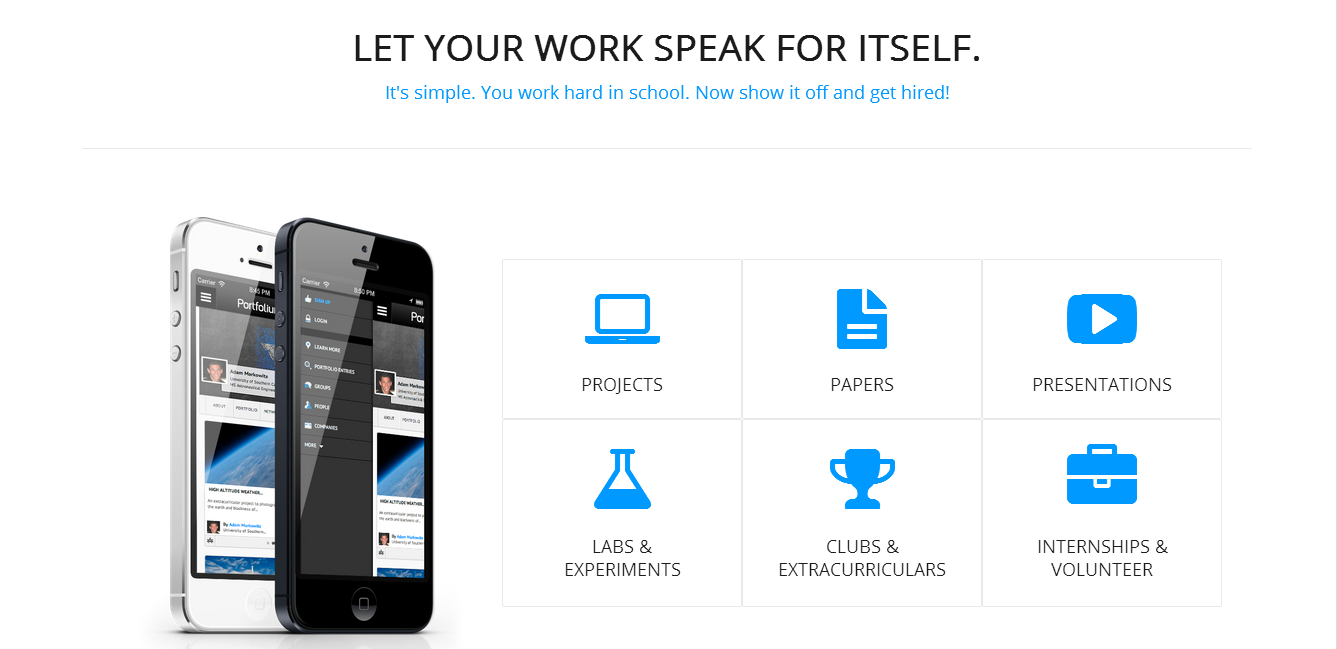A tribute to the Olympic Style Career Seeker!
As with most Olympic sports, the margin of error in finding a job can be so slight that it often feels as if we had no control over the final call. In both cases this can be true, but for the most part your success can be determined beforehand through months of preparation. As Sun Tzu (The Art of War) says, "Every battle is won before it is ever fought.”
Let’s not kid ourselves, though. There is a significant difference between an Olympic competition and a job hunt: A job hunt is far more competitive. Depending on the job you apply for, you may be competing with hundreds of others who are equally up to the task, and have either the same amount of experience that you have or more. The difference then between who makes it to the podium and who's coming back empty-handed is who is best able to show what they've accomplished, what they're made of, and what their value is in a succinct but complete resume.
Making the cut Sometimes people can be far too modest, or they're caught up in the idea that the hiring manager at the company they're applying with is psychic. "I don't need to mention that, they'll just get it, right?" Wrong. Or, "I should skip over this because it's implied..." No, it probably isn't. This is not to say that everyone should type out an exhaustive list of every capability they have. There's no need to put that you're great at typing or a natural with computers, but don't hesitate to list the software that you have knowledge of, whether through work or personal experience. Don't be afraid to boast: if it's relevant, put it down. Don't slow down and let everyone catch up, keep moving forward. Whatever you do, though, steer clear of resume padding.Once you've summoned the courage to put this information down clearly and concisely, keep in mind that employers, for the most part, are human. They are drawn to documents that look professional even before reading a single word; its the bullets, borders and bolding that first catch their eye. They are also very busy, and may not even have time to read past the first one or two lines of each of your previous jobs. Make sure there is a line at the top summing up your role in a nutshell (in bold, if possible). If the format of the resume is too bland, your employer will associate you with blandness, and may hesitate to read on.
Finally, in keeping with trying to cure your employer's boredom, a value statement may give you that extra boost to stretch past the competition. Objective statements are dead, how long do you have to catch someone’s attention? Maybe 10 seconds?Don't tell your potential employer why you want the job; tell them why they should want you, even need you. Again, make it clear and concise, but do your best to capture who you are both as a person, and as an employee.
This will get you on the Olympic team; it may even get you through the first heats. If you're satisfied with that, look no further, and take your chances with an adequate resume. If you're ready to do anything to succeed, though, read on. Bronze If you've made it to this step, you have a lot to work with. Everything you've done in the past is laid out clearly and concisely without being redundant. You have a confident and attention-grabbing value statement and a dynamic layout. You've got your employer's attention, now can you keep it? Your competitor has a value statement too, and his layout looks equally professional. You've had nearly identical experiences in the workplace. Your hiring manager has taken out his shiniest coin to determine which of you will make it to the second round. But do you really want to leave this battle to chance?You've shown your proficiency in the workplace and the types of tasks you've accomplished in the past. But now it's time to get specific. Instead of saying that you managed employees, tell your employer how many employees you managed. Don't put down that you beat your sales targets, show what those targets were, how often you beat them, and by how much. If you "provided solutions,” go over what the problem was and how you solved it, and how the solution benefited your company. If you were "involved in employee training," how many employees did you train, and what did you train them in? If you gave a presentation, who did you present to? And what materials/software did you use?
Your potential future employers want to know what made you stand out at your last job. It’s time to really highlight your achievements. Find a way to separate them from your daily roles – bold them or separate them. Before applying for this job you've had some admirable accomplishments, and they deserve to be acknowledged. These are competitive wins on your path to the Olympic podium, and they will show that you aren't just any competitor.
Do all of this and you're on the podium, and only a handful of people make it that far. But now you still have a whole handful to contend with.
Silver
Your employer gets it now. You've shown them your value, and not just what you've done. They now have a glimpse into who you are personally, and how you can contribute to their company's growth. You've shown them what makes you exceptional.
But there's still something missing. They want to know that they’re hiring the best of the best. You've done all you can on your end, now it's time to do your research. Make your employer feel as if you not only know about their company and the business they’re in, but that you genuinely care. While this seems fairly obvious, most job seekers aren't willing to dedicate enough time to really understand what they're walking into. Some will look at job qualifications asking for knowledge of X, Y and Z and either agonize over not having knowledge of Z, or feel confident that they have knowledge of X and Y. In the four years between each Olympic Games, athletes spend time identifying every weakness in their performance and working to improve it. In other words, instead of focusing on what they know, they focus on what they don’t know, and what they can know. If software that you are unfamiliar with is listed in your job’s qualifications, schedule time during the week and force yourself to become as familiar with it as you possibly can. Often there will be a free trial version of the software online, but if that isn't the case you can always do research on what purpose it serves, what programs it's similar to, etc. If the job qualifications include something more vague like knowledge of graphic design, data management, presentation tools, Microsoft Office, Mac Software, etc. there is even more opportunity for you to do your research, but focus your time on the particular programs that you think will be relevant. These will be welcome additions to your resume in any job search, and may even benefit you personally. The same goes with jobs requiring knowledge of machinery, or even industry standards, codes and best practices. Do your homework. Once you've taken a shot at satisfying these qualifications, memorize a few things you personally like about the company, and ways that your skill set could be an asset. Managers are proud of their work, and if you can help them boast by mentioning the things that their company does well,, you will be remembered. If you know your stuff, it will sound genuine. If not, you'll sound like a kiss-ass, and very few kiss-asses are looked at favorably. This is a game of inches and you're almost there. If this list is too demanding then go hit the sauna and think about all the free time you'll have when the person who wanted it more got your job. If you don’t want this bad enough then you're either going after the wrong job, or maybe this just isn't a job you deserve. Disagree? Read on.Gold
You have made it where only a very small number have made it, and you made it here because you wanted it more than anyone before you. You knew you would get here, you just didn't know how.
The resume is legendary. Your employer will frame it and hang it in the HR office. He or she will take it home and tell their family that this is what a resume should look like. You're just about there, but to wear this medal is a privilege only granted to the most hard-working, the most thorough. So your employer is in awe of your resume and can't resist taking a peak at who this model employee is. He types your name in Google and his opinion of you is immediately transformed. Your Facebook page is viewable to the public, and your employer sees that you're attending either a rave or a kegger on every weekend for the next two months. Your favourite movies are American Pie and Jackass, and there are obscenities and YouTube prank videos all over your wall. Your display picture is of you doing a tequila shot. You have a blog making fun of celebrities that is more offensive than it is funny.Or, equally troublesome, your employer can't find any information on you. You have no LinkedIn profile no social networking pages. You have made no effort to connect to the people in your personal and professional life, or even worse you don't have anyone to connect to. While neither of these may be true, you can always depend on an employer's assumptions.
If you want to be at the top of the podium with your national anthem playing, you will have covered all of your bases. You've shown your value through your resume, you have knowledge of the company and job qualifications, and you've Google'd yourself several times and fixed your several profiles and/or blog. Just as a job hunt is about who wants it the most, what's equally important is who appears to want it the most. Show your employer how much you're willing to do to get your foot in the door, and he or she will let you in. As with Olympic athletes, constant preparation is the key, because there is always someone out there willing to do that little extra to pass you at the finish line. Now get to work!





















